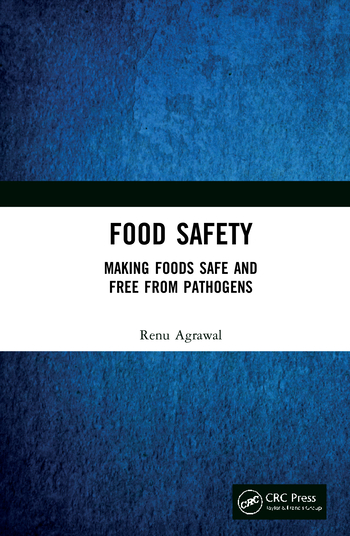EU Tightens Importation Checks on Black Pepper from Brazil and Peanuts from India

The European Commission has tightened up checks on black pepper from Brazil, due to Salmonella, and peanuts from India because of aflatoxins.
These as well as other products entering the European Union (EU) from non-EU countries are now subject to a temporary increase of official controls. Revised legislation has also seen some checks become less strict.
The impetus for the changes is the occurrence of incidents that were reported through the Rapid Alert System for Food and Feed (RASFF) and information from controls performed by member states on food and feed of non-animal origin.
Both identity and physical checks on black pepper from Brazil have increased from 20 percent to 50 percent. A large amount of noncompliances with EU requirements for Salmonella contamination were detected during official controls in 2019 and early 2020, and there were also a high number of RASFF reports during that period.
This year there have been 28 RASFF reports of Salmonella in black pepper from Brazil, with Germany reporting the most. Serotypes include Rubislaw, Infantis, Saintpaul, Coeln, Matadi, Gaminara, and Javiana.
Identity and physical checks on peanut from India due to aflatoxins has risen from 10 percent to 50 percent. Checks on peppers in the Capsicum genus, other than sweet, for pesticide residues from Thailand also rose, from 10 percent to 20 percent.
Turkish sweet peppers are already listed in the regulation due to the risk of contamination by pesticide residues, but this has been amended to cover all peppers of the Capsicum genus.
Source: Food Safety News
Looking for a reprint of this article?
From high-res PDFs to custom plaques, order your copy today!









